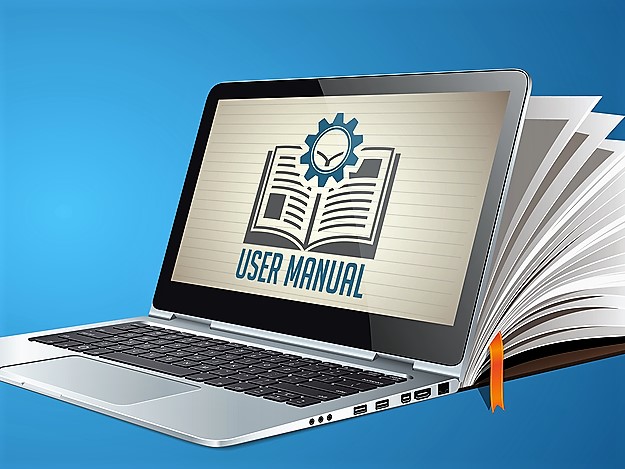
Let me first describe what an operations manual looked like when I first started in franchising and then later when I started writing operation manuals.
Usually, there were multiple white level arch folders, the extra-large kind to house a height of paperwork, reaching 10cm. They needed to be that large acting as a bible to franchising and running a successful business. Typically, they would be divided into sections with tabs, and they were formatted that way so that once a year each section may easily be updated.
That’s right – once a year. I have a chuckle to myself at how easy and what a slower and simpler time that was where once a year was good enough to update what is, in essence, the working manual for a business.
Fast forward to today and we now have an operations manual in the form of an online platform that encompasses not only the manuals and files of a classic operations guide, but also a training, engagement and communication playground for our franchise partners.
The platform is a live, constantly changing file of documents. The organisation of this platform is critical to enable it to work effectively for our franchise partners to easily navigate through as a single source of all information.
We were early adopters of the platform used to run our online single source of information – World Manager. We started building the content and moved online in 2008. After 10 years, there is a lot of information that has been posted, so managing the content is a full-time job. It’s still comparable to that file of paper, the main difference is that for us changing the tabs is done not yearly, rather daily.
There is one person from my training department who is specifically allocated as the keeper of the information hub, overseeing content and organisation. The operations, product and marketing departments work collaboratively to ensure the information is relevant and accurate.
The pace of change today is so quick that on any given day we may be changing a policy, updating a recipe, sharing a marketing campaign. The new challenge is not about replacing the sheets, rather ensuring the new information is read and acknowledged. We’re able to track this through a system of notices that are posted, informing franchise partners of the changes with the ability of notices being logged as mandatory.
Instead of snail mail post, our online source of information allows communication to be sent out to franchise partners via text or email, immediately sharing information relevant to the advising of changes.
There are two parts of the operations manual that we still have to print out and these relate to external requirements from legislative bodies. The first is a 2cm thick manual for health and safety, outlining all the procedures that the stores, as food operators, have to abide by as standards set by their local councils. We have a manual that meets all the different standards set across every council in Australia.
The interesting point here is that as part of the government requirements, these paper manuals need to be kept in store at all times and have sections that need to be completed daily. All our stores have a tablet onsite which could easily replace the printing of paper and management to keep these documents accessible at any given time but this will not meet requirements.
The second printed section is related to accredited training that we provide. Our new franchisees can receive a Certificate III in Hospitality and the employees in store can also complete accredited training in Barista and Food Safety modules. There are logs required for that process and again, physical pieces of paper that need to be filled in and signed.
So what needs to be changed?
Government bodies need to get onboard with validated online resources. This would also be a great tool for them, particularly around food safety. So, instead of sending health Inspectors to look at pieces of paper, everything would be stored online, and non-compliers could be identified quickly. Councils could then assist in facilitating education rather than compliance.
The true test to know if any manual is working is dependent on outcomes achieved by the people that need the information. If the processes and systems are consistently being followed across your network, then the manual is effectively communicating the information required.
The saying goes, “garbage in, garbage out”, where the information and success of any operations manual will only happen if the time and effort is put into keeping the source document relevant and accurate as live content, easily accessible to councils to review.

